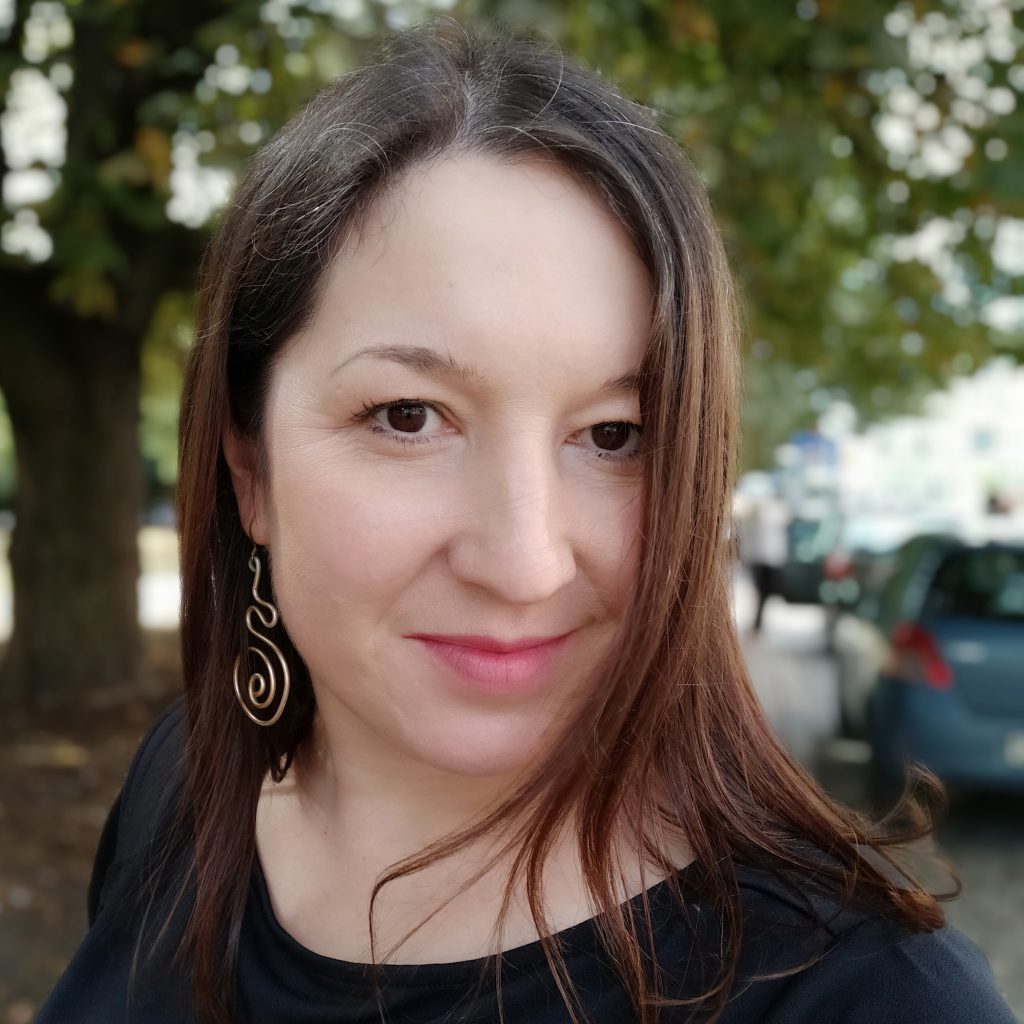
Climate and energy policy expert, Poland. SBSTA Chair 2015-2016
Lidia was a young emissions trading expert and intern, training in the Polish mission in Brussels in 2006, when she got a call from the Polish Ministry of Environment asking if she would like to spend more time in Brussels – as a member of Poland’s UNFCCC negotiation team. Before long, she found herself in her first EU strategy meeting. “The number of acronyms!! I knew the issues but was still quite lost.”
Her first COP in Bali, in 2007, was exhausting. “I wanted to see everything, participate in everything. We had EU coordination meetings early every morning, and national delegation coordination meetings until midnight. One day, I got back to my room late at night and realized I had forgotten to eat all day, and was on the verge of passing out.” That was a lesson to her: “Negotiators are human too, and need to eat, sleep, and rest well to be effective”.
Coming from a small town with 5000 residents in Poland, Lidia scaled the peaks of the UNFCCC, to become Chair of the Subsidiary Body for Scientific and Technological Advice (SBSTA) in 2015. She was the second female Chair in the history of SBSTA, and at 34 years, possibly the youngest. During her time as negotiator, Poland held the COP Presidency twice – in 2008 and 2013. Both times, Lidia played a key role. In 2008, she was on the Ad Hoc Working Group on Long-term Cooperative Action under the Convention (AWG-LCA); and in 2013, she oversaw outreach, coordinated the Eastern European Group, and as SBSTA Chair, was part of the Bureau. These roles gave her insight into the “visible and invisible” processes of the UNFCCC, and the importance of transparency and inclusivity.
“Initially, I was happy being in the background and letting others do the talking. When I became SBSTA Chair, not many people really knew me.” Lidia had to work hard to be accepted and seen – and to be taken seriously, not dismissed as a “young inexperienced girl from Poland”. Taking on the role of the SBSTA Chair gave her a lot of confidence. “I just had to get on and do – in a few weeks – things that I hadn’t managed to do in years,” she recollects. One of those things was to make the process more efficient and streamlined. “I realized that just because other people were willing to do the speaking, it didn’t mean that they could do it better. People spoke for ages in the plenaries, and still said very little.” She made it clear that she expected punctuality and respect for times. “I asked for some plenary statements to be sent to me in advance, and if they were too long, I asked the speakers to cut them short.” [Some statements she got in advance still assumed the Chair would be male and started with an address to “Mr Chair”]. Lidia set a record of sorts on SBSTA plenaries that ended on time, one she says other Chairs are still trying to best.
On lessons for other women negotiators, Lidia says a key one is to draw clear boundaries and let them be known sooner rather than later. “I liked to be helpful, but if some people took advantage, I had to let them know that I have noticed and will not allow for it.” She also encourages other women to stay true to what they are, and not resort to posing on the international stage. “Respect the space and the rituals of global diplomacy, but make tweaks to make yourself feel like yourself,” she advises. As for her, colourful jackets and jewellery keep her earthed, while being kind remains her main principle to live and work by.
Lidia thinks women help keep the UNFCCC process more honest. “For women, it is more about the cause, not so much about personal visibility and gain.” The Network can encourage women to encourage other women and provide reassurance to help them overcome their doubts, she says, but also ensure that men become part of the conversation. “In the Polish male-dominated climate and energy bubble, I am known to protest against all-male panels. I often get challenged for my views, but I sometimes manage to convince my challengers that it is also in the interest of men – especially fathers with daughters – to ensure that women are seen in public spaces, and that competence is not judged on the basis of gender.”
An advantage with women speakers, she finds, is that they don’t love the microphone as much as men and can say less while communicating more content. She used this to advantage at a recent event she organized on the energy transition, in her current role leading the cooperation and development of the International Network of Energy Transition Think Tanks (INETTT) at Agora Energiewende, a Berlin-based think tank. “It was a panel with just one man, on a topic that is generally considered a male domain, but I think we managed to have an exceptionally efficient and honest discussion,” she says proudly.
Lidia wanted to sing in a choir when she was a child, but her parents couldn’t afford lessons. She jumped at the chance to be the one person without a musical education to be part of the choir in university, and hasn’t stopped singing since. She holds Masters degrees in English and Law, and speaks Polish, fluent English, and some German and Japanese.